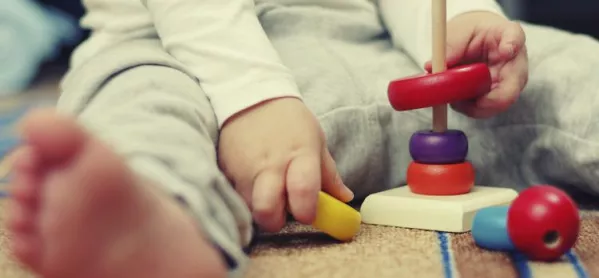Girls should be taught how and when to get pregnant in compulsory sex education classes, a group of doctors, fertility experts and campaigners has told the government.
Sex education lessons traditionally focus on contraception and the risks of teen pregnancy, but this means many young women assume they will conceive as soon as they want to, the Fertility Education Initiative (FEI) has written in a submission to government seen by The Times.
However, one in seven couples struggles to conceive, the group highlights, adding that the rising age of women having children is a cause of concern, and that the pain of involuntary childlessness should not be underestimated.
The FEI is an educational group within the British Fertility Society, in partnership with the Royal College of Obstetricians and Gynaecologists and the Faculty of Sexual and Reproductive Health, which trains doctors and nurses.
It also includes Jessica Hepburn, who went through 11 rounds of unsuccessful IVF treatment. She told the paper: “We are failing young people because important fertility information is missing from this education.
“They urgently deserve the full story about fertility and its limits, so that they can make informed decisions about their future.”
Ms Hepburn has worked with Gabby Vautier, mother of three-year-old IVF twin girls, to develop workshops entitled Modern Families, which will tour secondary schools in May and include short plays about being torn between having careers versus starting a family.
Sex and relationships education is set to become compulsory in all schools from September 2019.
However parents will be able to withdraw their children from lessons, and a Tes investigation has revealed doubts over whether statutory lessons will work due to a lack of training and funding.
The average age for a woman in the UK to have a child is 30, up from 26 in 1976, and about a fifth reach 45 without having a baby, The Times reports. The optimum age for childbearing is believed to be 20-35.
Meanwhile, the teenage pregnancy rate has dropped to a record low.
The Department for Education responded that its consultation had been “extensive” and it wanted the new lessons to “help children deal with the challenges they face in modern Britain”.




